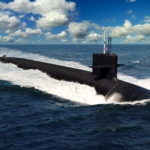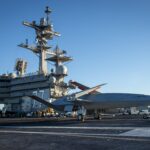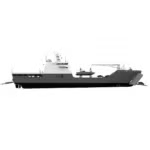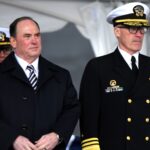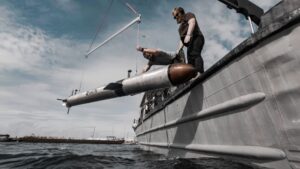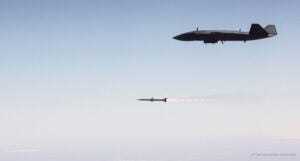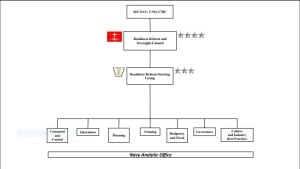
The Navy on Jan. 30 established a council to oversee reforms and recommendations stemming from the reviews spurred by deadly Navy mishaps, the service said Feb. 2.The Navy is establishing the Readiness and Reform Oversight Council (RROC) “to oversee and ensure the implementation” of the Comprehensive Review (CR) and Strategic Readiness Review (SRR) recommendations.The RROC is an expansion of the initial oversight board the Navy stood up to oversee changes recommended by the CR.The Comprehensive Review, led by head of…

 By
By 